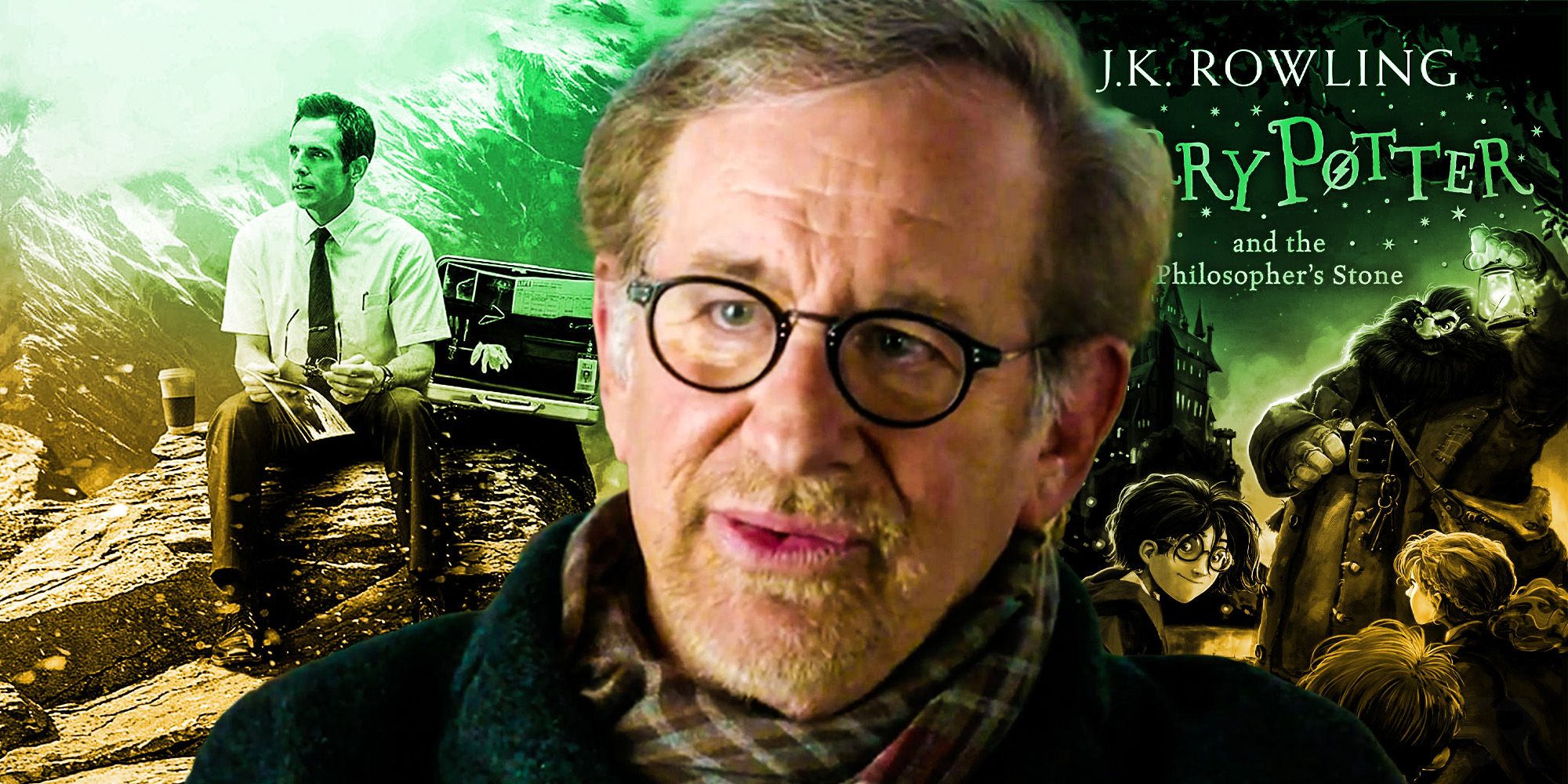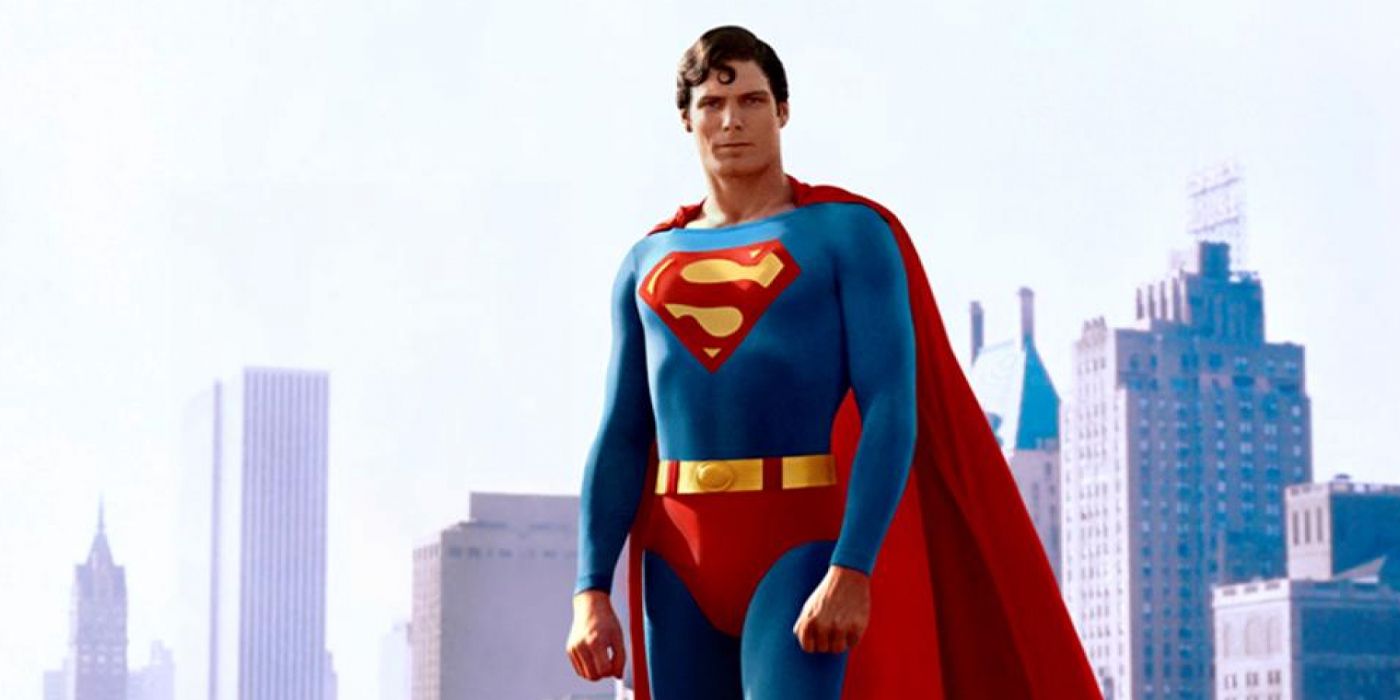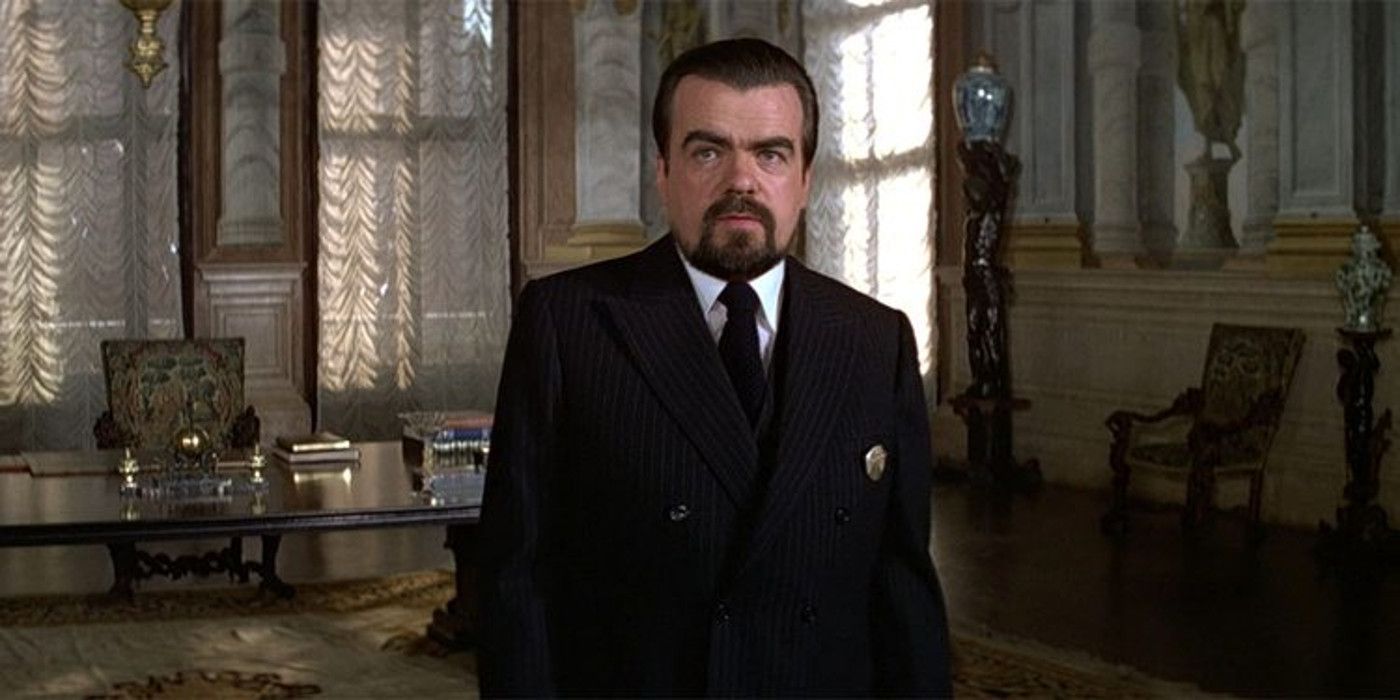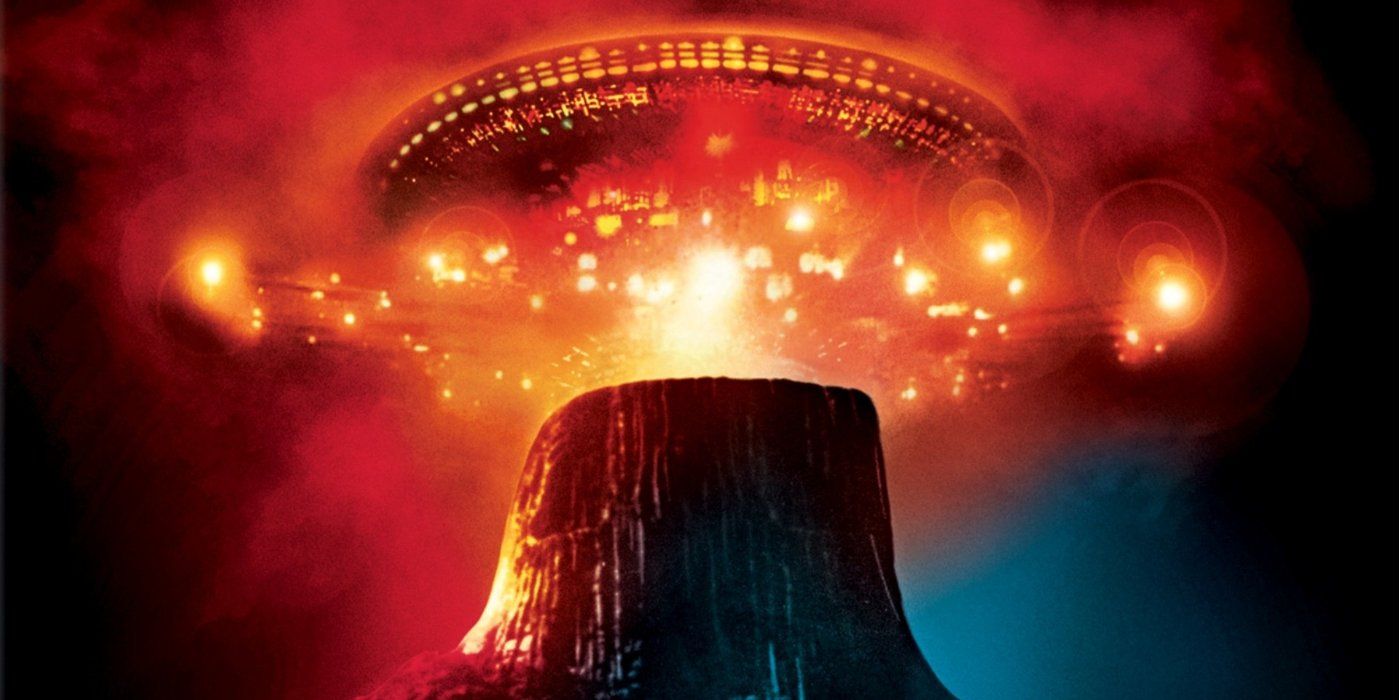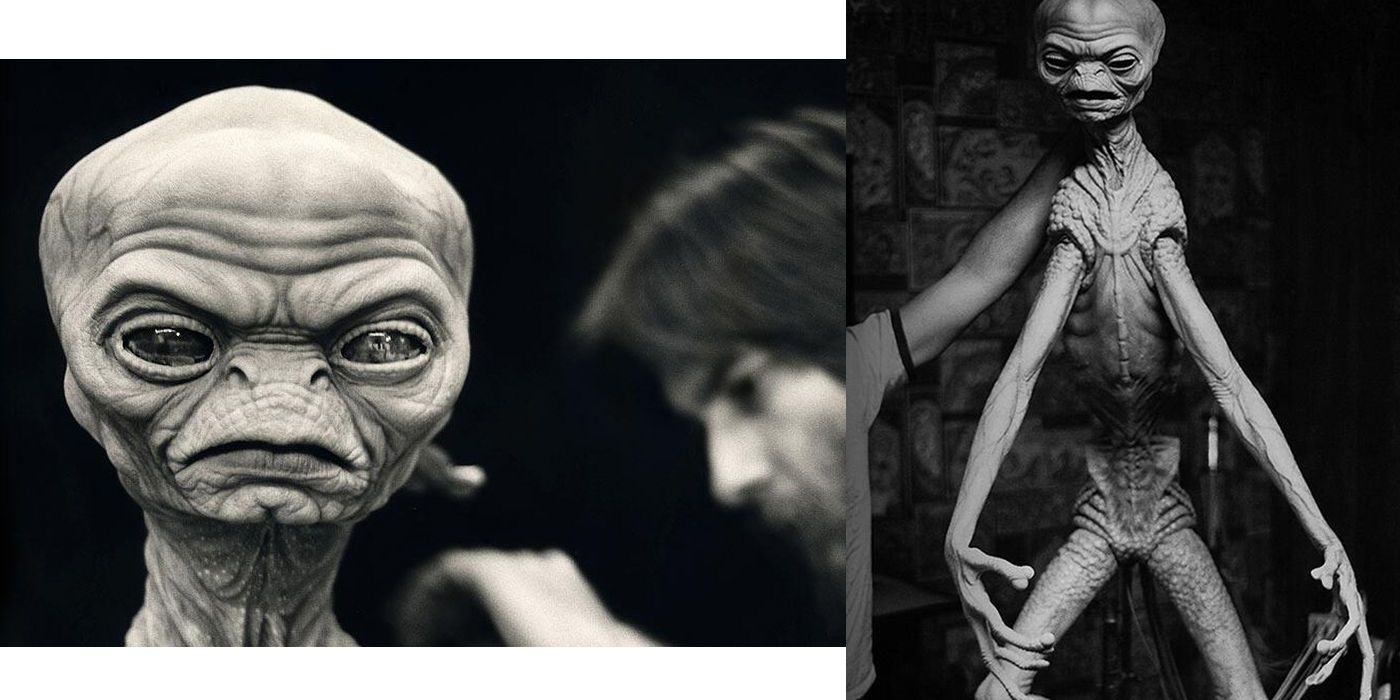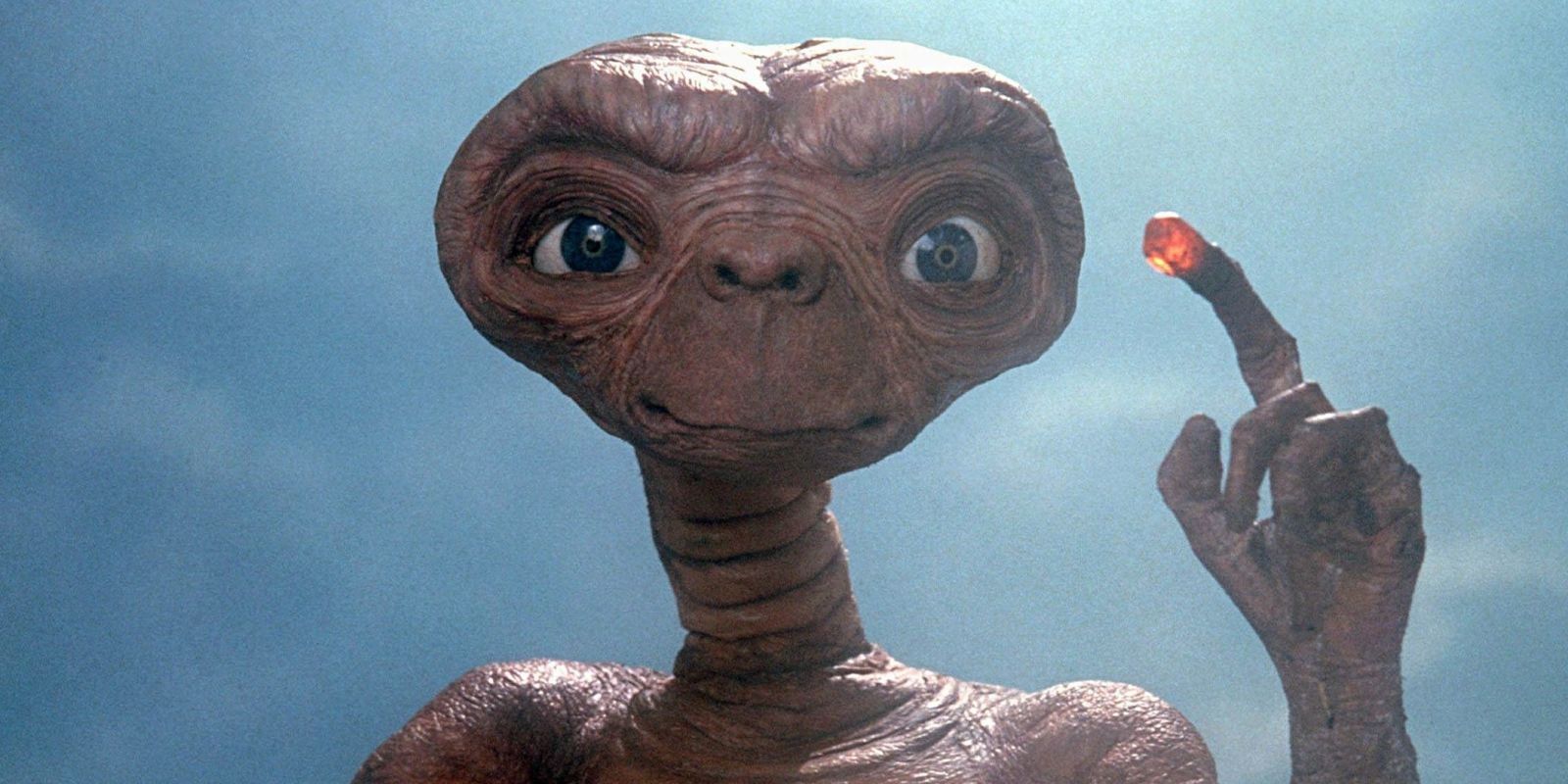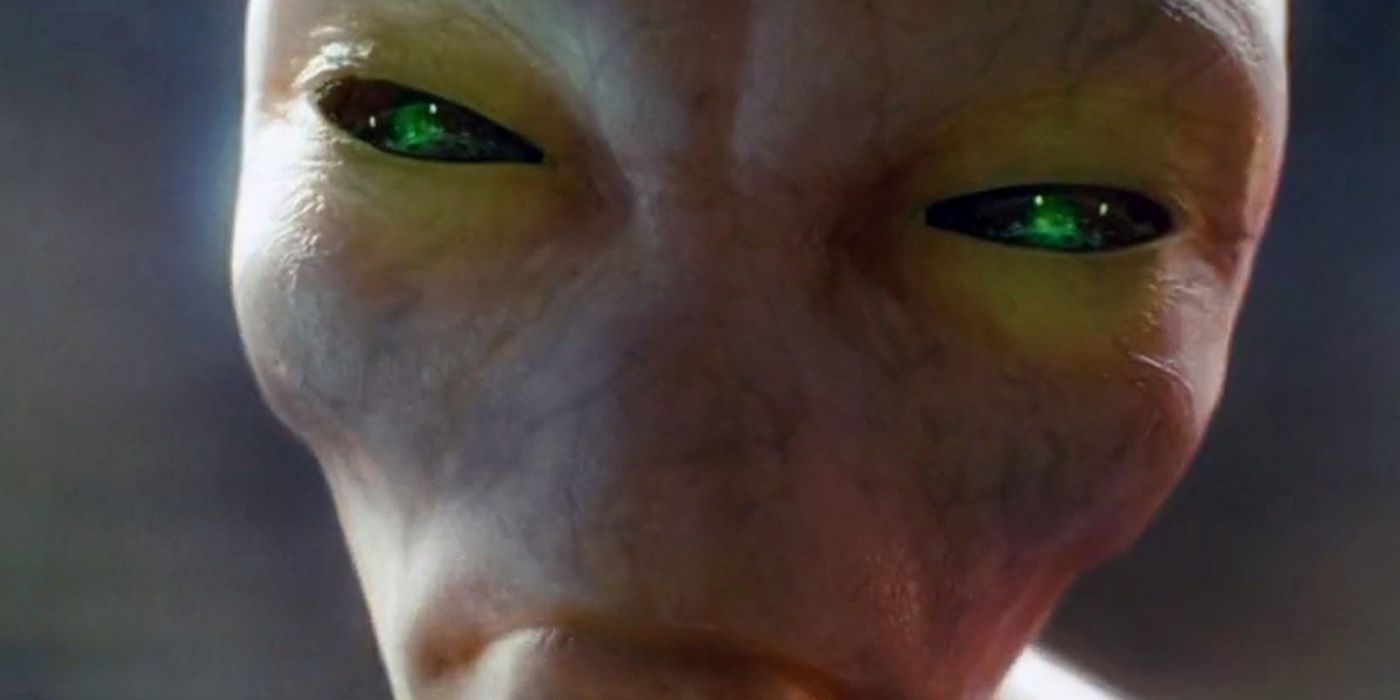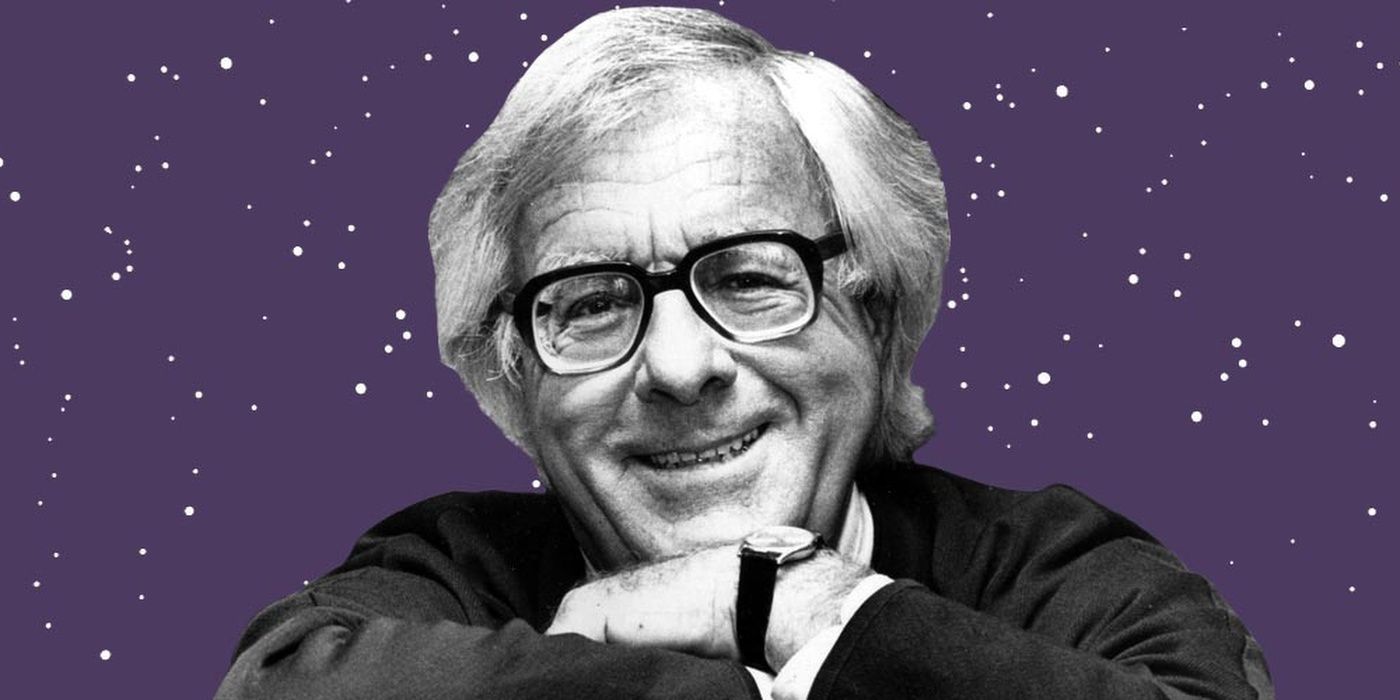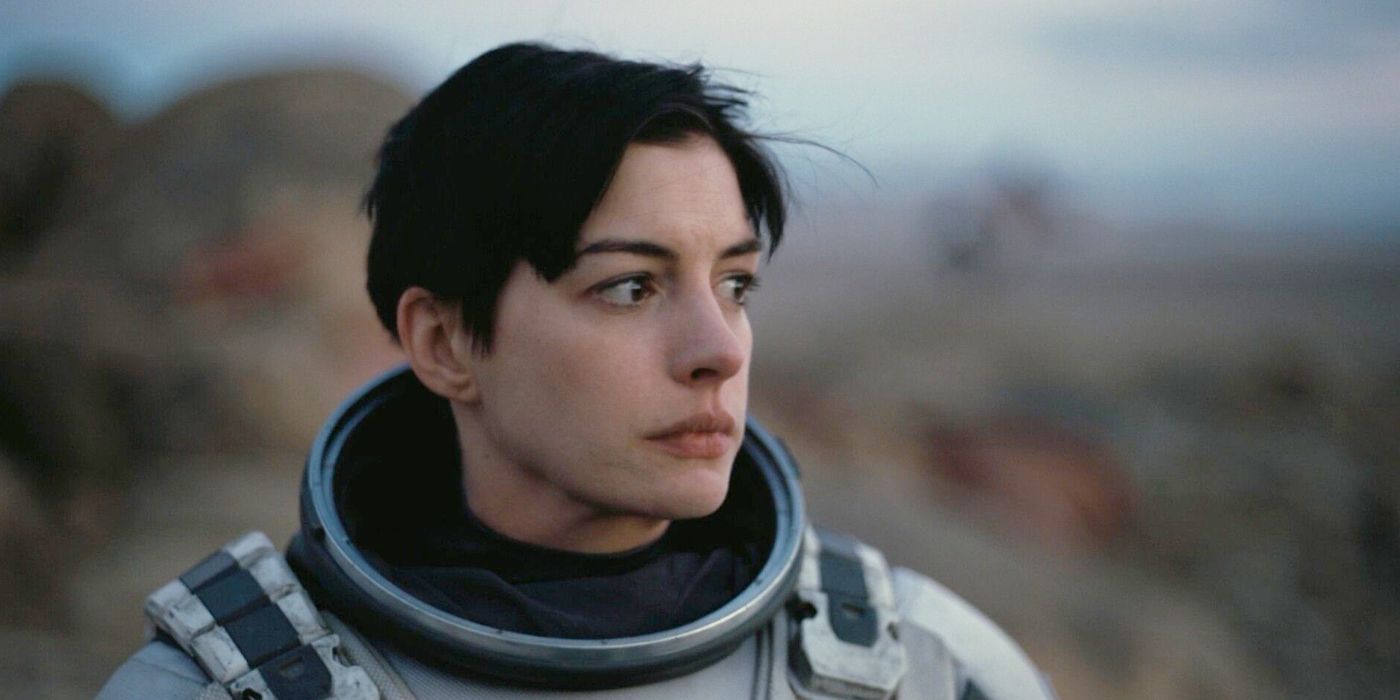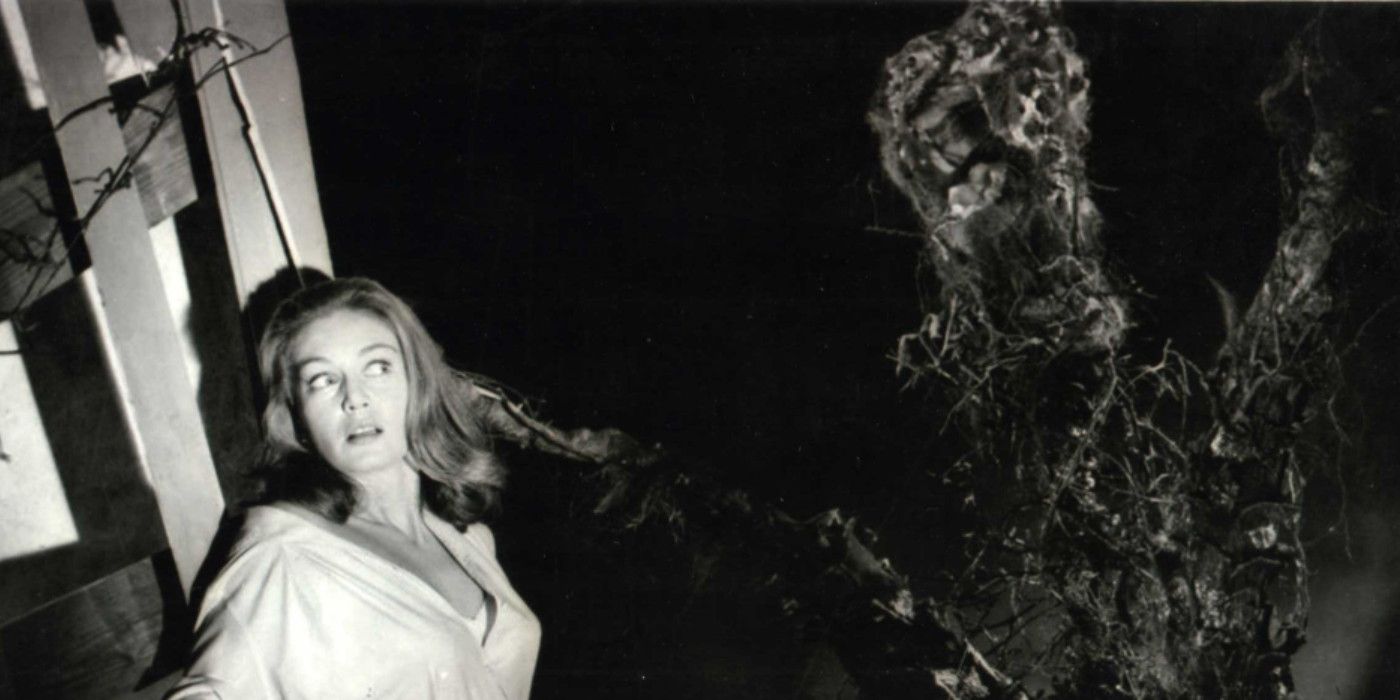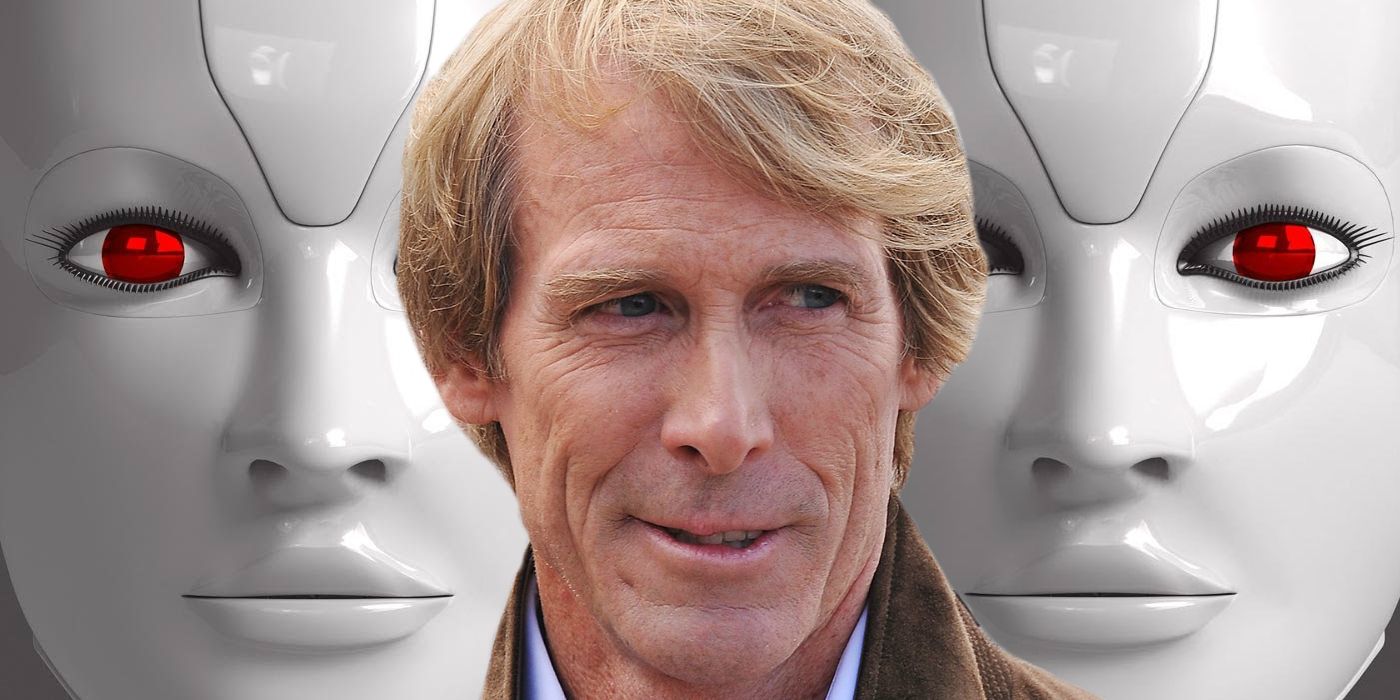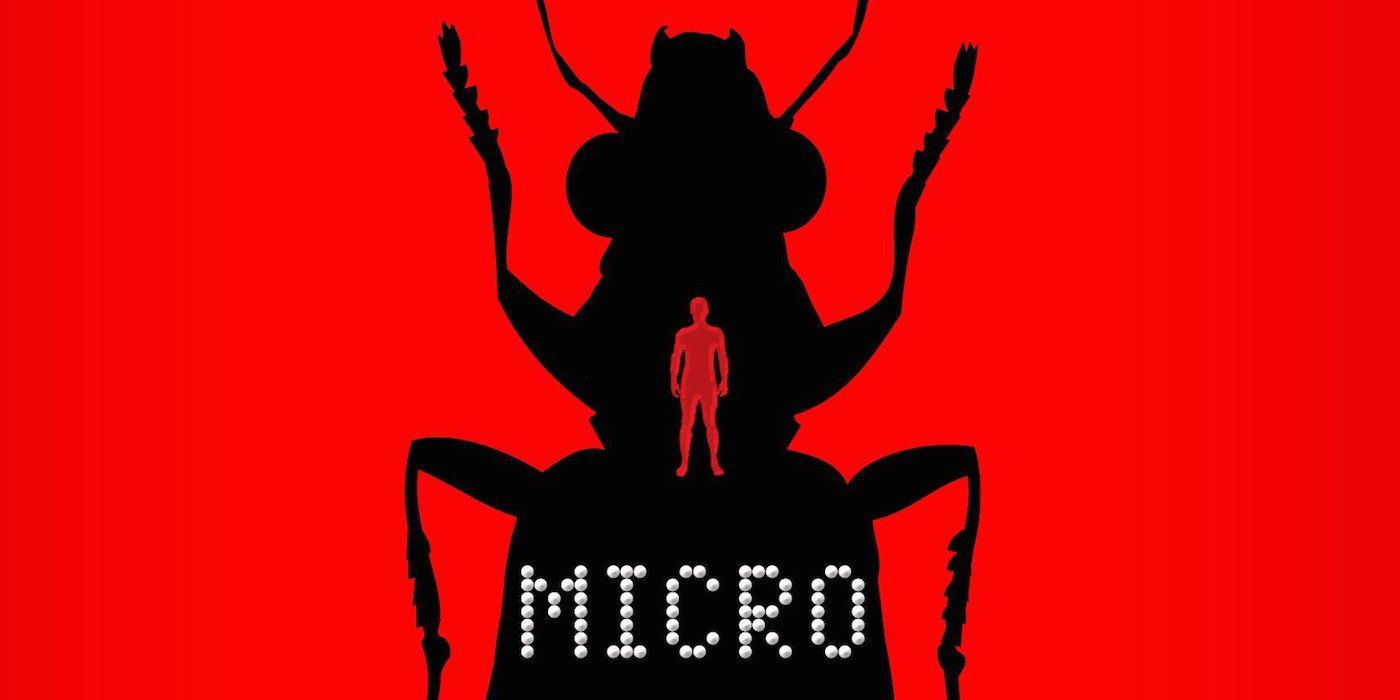Jaws helmer Steven Spielberg is one of cinema’s most iconic directors, but which sci-fi movies did the famous filmmaker never get off the ground? In the decades since Spielberg helped to invent the modern tentpole summer blockbuster with the iconic creature feature Jaws, the director’s career has seen him work in every genre under the sun and often earn critical acclaim in the process.
A handful of Spielberg’s movies have failed to impress critics or made a less-than-stellar impact at the box office, but the majority of the filmmaker’s output has proven consistently popular. Although some of the director’s movies such as Saving Private Ryan and Munich delve into some serious, real-life subject matter, many of the E.T helmer’s most beloved movies are sci-fi, fantasy, and assorted other genre outings.
As proven by the likes of E.T and its predecessor, 1977’s thoughtful Close Encounters of the Third Kind, at his best Spielberg has managed to combine a masterful understanding of cinema as an art form with child-like glee for bringing genre stories to life. The director’s skillful storytelling and inventive lensing are a perfect fit for the sci-fi genre, and over the decades, Spielberg has returned to the genre with movies as influential and iconic as Jurassic Park, Minority Report, and War of the Worlds, as well as more divisive outings like Ready Player One and Indiana Jones and the Kingdom of the Crystal Skull. However, there is a slew of unmade movies in the genre that never made it to the screen, as proven by a look over the many unrealized Steven Spielberg sci-fi projects.
Superman
The earliest of Spielberg’s unmade sci-fi movies is one that, like a lot of later projects, was eventually made by another helmer, Lethal Weapon director and underrated genre cinema icon Richard Donner. After the success of Jaws, Spielberg was immediately tapped to direct the first Superman movie, but his commitment to Close Encounters of the Third Kind resulted in him turning down the offer. Not a lot is known about Spielberg’s take on the Man of Steel, although for decades a persistent rumor claimed the director wanted to make a Superman musical since his rejection of the directing job saw him say “I’d want him to be singing and dancing,” to politely discourage the producers from considering him.
Moonraker
Sauve super-spy James Bond has had some wild adventures over his many decades onscreen, but 007’s only truly sci-fi outing comes in the form of 1979’s campy Moonraker. Moonraker was intended to combine Bond’s spy movie traditions with the space-set thrills of Star Wars, and the movie remains a well-loved outing of the series. Spielberg had already been offered the movie’s more conventional predecessor The Spy Who Loved Me, leading him to offer his services for Moonraker. However, when the Bond producers turned him down, the cinema legend lost interest in working with the franchise.
Close Encounters of the Third Kind 2
Close Encounters of the Third Kind was a hit with critics and audiences alike upon release in 1977 and proved that there was a market for Spielberg’s combination of alien antics and government cover-ups. However, it was the latter that doomed his plans for a sequel. A Close Encounters of the Third Kind sequel never made its way into serious planning, with Spielberg still undecided on whether the movie should be a prequel or sequel when he eventually left the project aside. He reasoned that “the army's knowledge and ensuing cover-up is so subterranean that it would take a creative screen story, perhaps someone else making the picture and giving it the equal time it deserves,” and this wasn’t a story Spielberg wanted to tell at the time.
Night Skies
One of the most famous of Spielberg’s unrealized projects, Night Skies went on to inspire two of his next projects, the Tobe-Hooper directed Poltergeist, and E.T. When pressed for a Close Encounters of the Third Kind 2 pitch, Spielberg offered producers “Watch the Skies” or Night Skies, a story of a family in remote isolated farmhouse being terrorized by malicious alien invaders. If the pitch sounds familiar, that may be because elements of this story were recycled by M Night Shyamalan’s Signs, Critters, and even Joe Dante's Gremlins, although viewers never got to see the potential Spielberg/John Sayles/Rick Baker collaboration the sci-fi horror could have been.
ET 2: Nocturnal Fears
After E.T proved a blockbuster success, Spielberg hired a screenwriter, Melissa Mathison, to work on the sequel. The same screenwriter had drafted Night Skies, and her and Spielberg’s pitch for E.T 2: Nocturnal Fears saw Elliot and company reaching out to ET for help after they were snatched up by malicious aliens. Despite this project giving the director another shot at Night Skies’s aliens-versus-humans horror, Spielberg eventually opted to cancel the sequel's production, worried it would affect the overall franchise's image.
Indiana Jones and The Saucermen from Mars
Die Hard writer Jeb Stuart proposed an alien-based sequel to Indiana Jones in the early 90s, with the title Indiana Jones and The Saucermen from Mars harkening back to the corny sci-fi movies of the 50s. Spielberg wasn’t convinced about the story, which features Russian spies kidnapping Indie’s linguist love interest Elaine just as the pair are about to be wed so she can decode a cipher on an artifact. Said artifact soon uncovers the titular UFOs, who arrive in literal saucers during the campy finale. Spielberg wasn't sold on using the premise of using aliens as an Indiana Jones MacGuffin, an instinct that saw this movie vetoed after Independence Day covered too much similar territory. Perhaps the same outlook would have been helpful during the production of the critically-maligned Indiana Jones and the Kingdom of the Crystal Skull.
The Martian Chronicles
Written by sci-fi icon Ray Bradbury, The Martina Chronicles is a 1950 novel act that sees American humans settle on Mars, despite the presence of local Martian populations when Earth is destroyed by nuclear war. Spielberg was attached to produce the project in 1997, but the movie never came to fruition and by 2011, John Davis was the only producer attached (although the project remains unadapted). It's unclear how direct an adaptation Spielberg's proposed movie would have been, but the lone big-budget Bradbury adaptation Hollywood has done, 2005's Sound of Thunder, so this may have been a wise one for the director to avoid.
Interstellar
When theoretical physicist Kip Thorne and producer Lynda Obst first pitched the sci-fi film Interstellar after collaborating on Contact, the pair called it a story about "the most exotic events in the universe suddenly becoming accessible to humans," drawing from Thorne’s work in the field of physics. With only an 8-page outline, not a lot is known about the version Spielberg was initially attached to when the project began life in 2006. However, a rights shuffle saw screenwriter Jonathan Nolan recommend his brother Christopher as a new director when Interstellar moved to Paramount, and the rest is box office history.
Chocky
Written by The Day of the Triffids creator John Wyndham, Chocky was a novelette published by one of Spielberg's most enduring influences, the genre magazine Amazing Stories. The tale followed a concerned father who realizes his son’s titular unseen friend is far from imaginary, but rather an alien consciousness whose communication with his offspring has attracted the interest of shadowy government agencies, Stranger Things-style. It’s a classic Spielberg premise, but despite the director securing the rights to Chocky in 2008, no news has since been released about the adaptation.
Robopocalypse
Daniel H Wilson’s bestselling novel Robopocalypse offers just what its title promises, following a scientist attempting to stop an out-of-control AI after pushing the limits of robotic intelligence past their limit. Spielberg’s adaptation was announced in 2010 and set to star Anne Hathaway and Chris Hemsworth, but the prohibitive expense of the project led the director to redraft his script to be a more personal, small-scale movie. This version didn't come together either as, in 2018, Michael Bay was announced as the new director of Robopocalypse.
Micro
The most recent of Spielberg's canceled sci-fi projects would have seen the director revisit the work of Jurassic Park author Michael Crichton, adapting his posthumously finished novel Micro. The novel, which was begun by Crichton but finished by Richard Preston after his death, saw a group of research scientists stranded on an island and pitted against malicious nano-bots by a duplicitous tech company. In 2015, Steven Spielberg was attached to direct Micro with Arachnophobia helmer Frank Marshall producing the movie, but as of 2017, Pirates of the Caribbean: Dead Men Tell No Tales director Joachim Ronning is the name attached to the movie.

